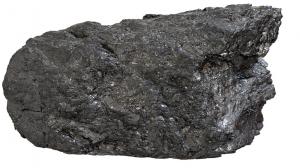A proposal to enhance European energy security.
Dr. Roger H. Bezdek is the founder and president of Management Information Services, Inc., an economic and energy research firm with expertise on a wide range of complex issues, including energy, electricity, and the environment. Dr. Bezdek has served as a corporate director, president and CEO, a university professor, as a Special Advisor on Energy in the Office of the Secretary of the Treasury, and as a U.S. energy delegate to the European Community and to the North Atlantic Treaty Organization. He has served also as a consultant to the White House, the Office of Al Gore, Federal and state government agencies, and various corporations and research organizations, both private and publicly supported. Contact him at rbezdek@misi-net.com.
Europe is highly dependent on Russian natural gas (NG). Thirteen European nations rely on Russian NG for over 50 percent of their requirements. In addition, Europe relies on Russia for about one-third of its oil imports. The Europeans are aware of this dependence, which has been highlighted by the Ukrainian crisis. The European Council March 2014 Summit Meeting recommended that efforts be intensified to reduce Europe's high gas energy dependency and that the EU accelerate diversification of its energy supply.1 Here we summarize how clean coal initiatives can assist the EU in achieving its goals.
Europe's Gas Problem

The International Energy Agency (IEA) forecasts that Europe's NG production will gradually decline while consumption increases, and the need for imports thus increases over the next two decades. Under this forecast, the EU will import over 80 percent of its NG needs by 2030, and the gap between consumption and production will continue to widen.2 Both the IEA and the U.S. Energy Information Administration (EIA) forecast declines in EU gas production. Since 2000 proved EU NG reserves have fallen 40 percent.3

